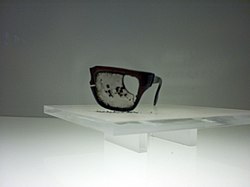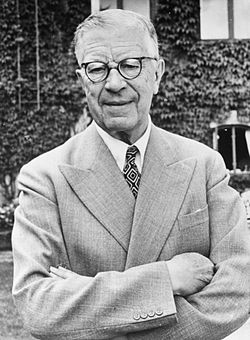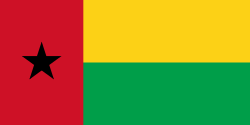| << | September 1973 | >> | ||||
|---|---|---|---|---|---|---|
| Su | Mo | Tu | We | Th | Fr | Sa |
| 1 | ||||||
| 2 | 3 | 4 | 5 | 6 | 7 | 8 |
| 9 | 10 | 11 | 12 | 13 | 14 | 15 |
| 16 | 17 | 18 | 19 | 20 | 21 | 22 |
| 23 | 24 | 25 | 26 | 27 | 28 | 29 |
| 30 | ||||||

President Salvador Allende and coup leader Augusto Pinochet
The following events occurred in September 1973:
Contents
- September 1, 1973 (Saturday)
- September 2, 1973 (Sunday)
- September 3, 1973 (Monday)
- September 4, 1973 (Tuesday)
- September 5, 1973 (Wednesday)
- September 6, 1973 (Thursday)
- September 7, 1973 (Friday)
- September 8, 1973 (Saturday)
- September 9, 1973 (Sunday)
- September 10, 1973 (Monday)
- September 11, 1973 (Tuesday)
- September 12, 1973 (Wednesday)
- September 13, 1973 (Thursday)
- September 14, 1973 (Friday)
- September 15, 1973 (Saturday)
- September 16, 1973 (Sunday)
- September 17, 1973 (Monday)
- September 18, 1973 (Tuesday)
- September 19, 1973 (Wednesday)
- September 20, 1973 (Thursday)
- September 21, 1973 (Friday)
- September 22, 1973 (Saturday)
- September 23, 1973 (Sunday)
- September 24, 1973 (Monday)
- September 25, 1973 (Tuesday)
- September 26, 1973 (Wednesday)
- September 27, 1973 (Thursday)
- September 28, 1973 (Friday)
- September 29, 1973 (Saturday)
- September 30, 1973 (Sunday)
- References













